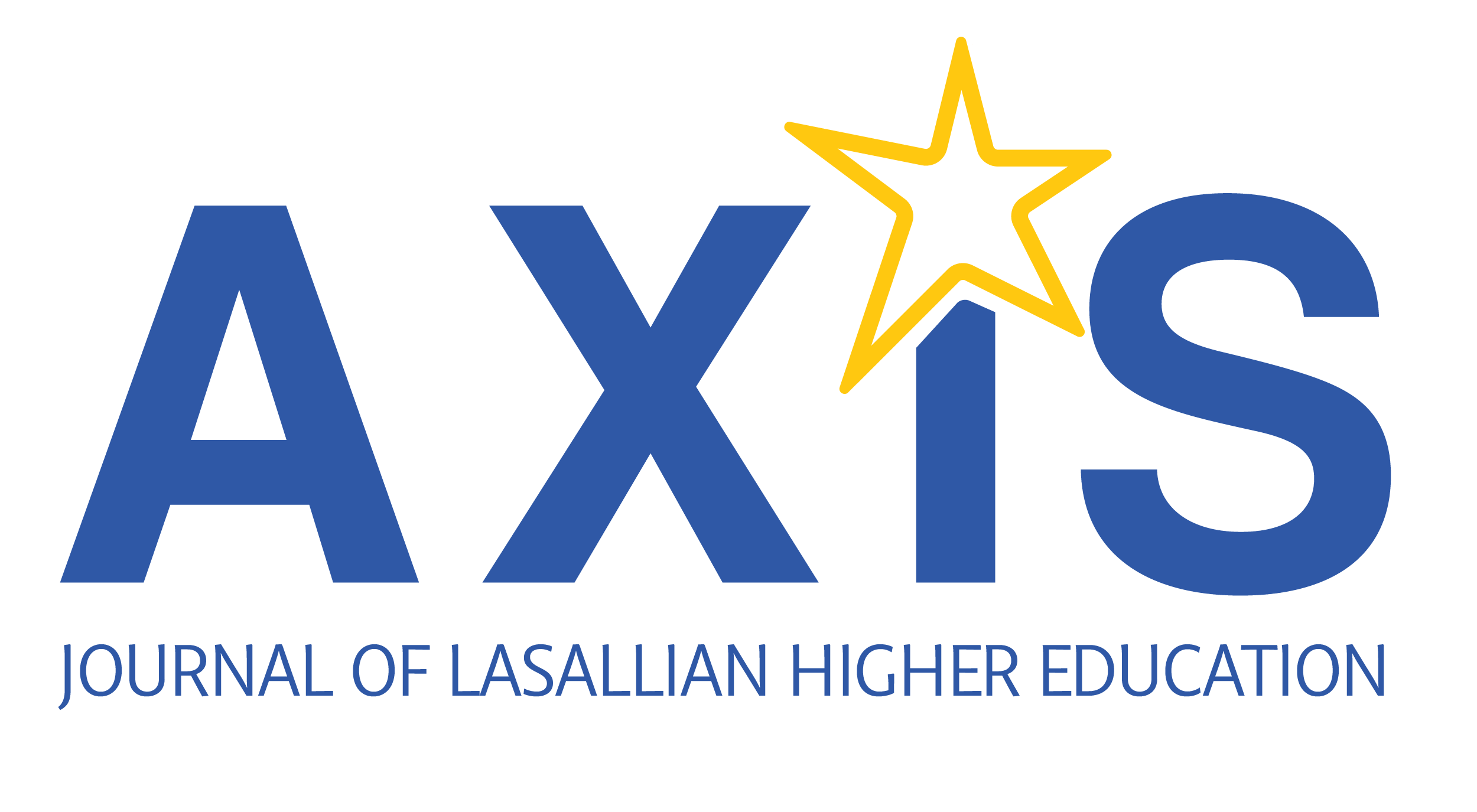Heather Ruple Gilson, M.Ed., Susan R. Hines, Ed.D., Elizabeth E. Seebach, Ph.D., and Mary Catherine Fox, AFSC, Ph.D.
Abstract
A long-standing goal for the Secretariat of Association and Mission of the Institute of the Brothers of the Christian Schools was to understand the experiences of, and to better accompany, women in the Lasallian Family. As a result, a Lasallian Women’s Needs Assessment was developed, using a research-based approach, to understand what women need in order to fulfill their commitment to mission. The survey was distributed by Visitors, Regions, District Offices, the network of Association contacts, along with Institute social media platforms and the Institute website. This report discusses the methodology and findings from the 4,520 responses received from Lasallian women representative of all five Lasallian Regions. The survey and findings consist of six categories: contribution, formation and professional development, accompaniment, representation, cultural aspects, and work-life balance.
Full Text
Lasallian Women’s Needs Assessment Survey Report
Keywords
needs assessment, Lasallian women, Lasallian women’s needs, needs survey
About the Authors
Heather Ruple Gilson serves as Co-Secretary of Association in the Secretariat of Association and Mission for the Institute of the Brothers of the Christian Schools. She also serves as Coordinator of Mission Initiatives for the District of Ireland, Great Britain, and Malta. Heather is a graduate of Saint Mary’s College of California and a Lasallian Volunteer alumna. She has been working in the Lasallian Family for over 20 years. Heather is an experienced Lasallian Formator and has a passion for Vocation Ministry, Association for Mission, and advocating for the voice and role of women and girls in the Lasallian Family.
Susan R. Hines serves as a professor in the Doctor of Education in Leadership program at Saint Mary’s University of Minnesota and for 12 years served as the past director of faculty development. Her content expertise is assessment, instructional designing, faculty development, and research. Susan’s research interests lie primarily in faculty development evaluation and women’s leadership. She received her BA in educational psychology from Metropolitan State University (Minnesota) and her MA in education and her EdD in Leadership from Saint Mary’s University of Minnesota.
Elizabeth E. Seebach serves as a professor for the psychology and social sciences department at Saint Mary’s University of Minnesota and as an active clinical psychologist. Beth is interested in the scholarship of teaching and learning, body image, Lasallian pedagogy, and issues related to mental health of children and families. Her doctoral work in clinical psychology and postdoctoral work in pediatric neuropsychology led to both her academic career and a clinical practice, working with people with a wide range of mental health issues, including eating disorders, effects of trauma survival, depression, anxiety, concomitant health issues, and brain trauma sequelae. Beth replenishes her spirit through music-making and art-making.
Mary Catherine Fox, AFSC, professor emerita at Saint Mary’s University holds a BA in theatre and an MS in telecommunications from Saint Mary’s University of Minnesota and a PhD in higher education from University of Minnesota. She was honored with affiliation to the Institute of the Brothers of the Christian Schools in 2014 and awarded the Brother John Johnston Award of the Lasallian Region of North America (RELAN) for distinguished service in 2021. She has served the Brothers of the Christian Schools as staff and faculty for the International Association of Lasallian Universities (IALU) Leadership Program in Rome and for the Brother John Johnson Formation Institute and in many and varied District, Regional, international, assembly, Chapter, and committee roles. She has keynoted Midwest District congresses and is frequently honored to be asked to speak and/ or facilitate numerous events on Lasallian themes for various Lasallian ministries and formation programs. Her particular focus is the provenance, practice, and promise inherent in the Lasallian tenet: together and by association.

